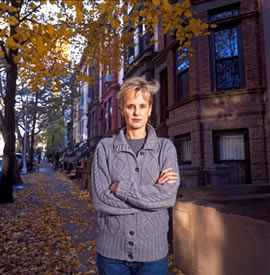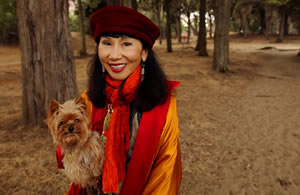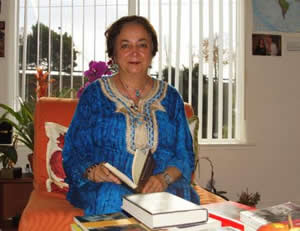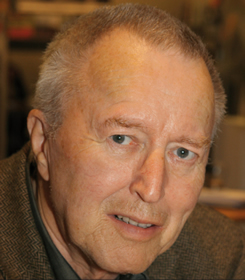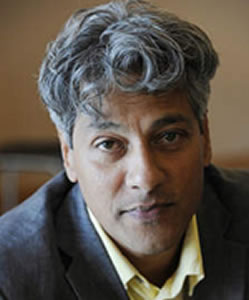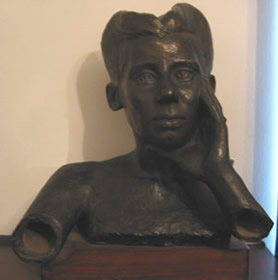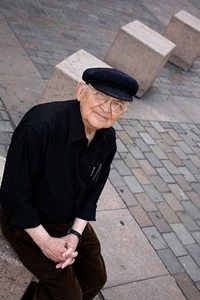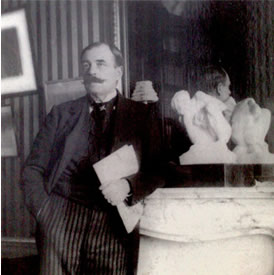De Franse schrijver Pierre Boulle werd geboren op 20 februari 1912 in Avignon. Zie ook alle tags voor Pierre Boulle op dit blog.
Uit: Le Pont de la rivière Kwaï
“-Voyons, celui-là, par exemple, dit-il s’arrêtant et en s’adressant à un malade. Qu’est ce qui ne va pas, mon garçon ? […]
-Ulcères tropicaux. Je lui ai creusé la jambe, hier…, avec un couteau ; je n’ai pas d’autre instrument. J’ai fait un trou assez gros pour y enfoncer une balle de golf, sir.
– C’est donc cela ; j’ai entendu crier hier soir, marmonna me colonel Nicholson.
– C’était cela. J’espère sauver la jambe…, mais j’en suis pas sur, ajouta-t-il à vois basse. Vous voudriez vraiment que je l’envoie sur le pont, sir ?
(…)
– Ecoutez-moi tous. Vous savez en quoi consiste l’œuvre à laquelle Sa Majesté impériale a bien voulu associer les prisonniers britanniques. Il s’agit de relier les capitales de Thaïlande et de Birmanie, à travers quatre cents milles de jungle, pour permettre le passage des convois nippons et ouvrir la route du Bengale à l’armée qui a libéré ces deux pays de la tyrannie européenne. Le nippon a besoin de cette voie ferrée pour continuer la série de ses victoires, conquérir les Indes et terminer rapidement cette guerre.”
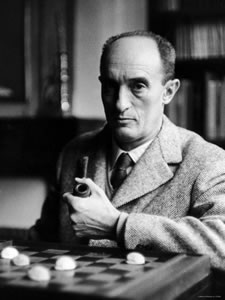
Lees verder “Pierre Boulle, Ludwig Steub, Johann Heinrich Voß, Johann Fr. Riederer, Cornelis Sweerts”

